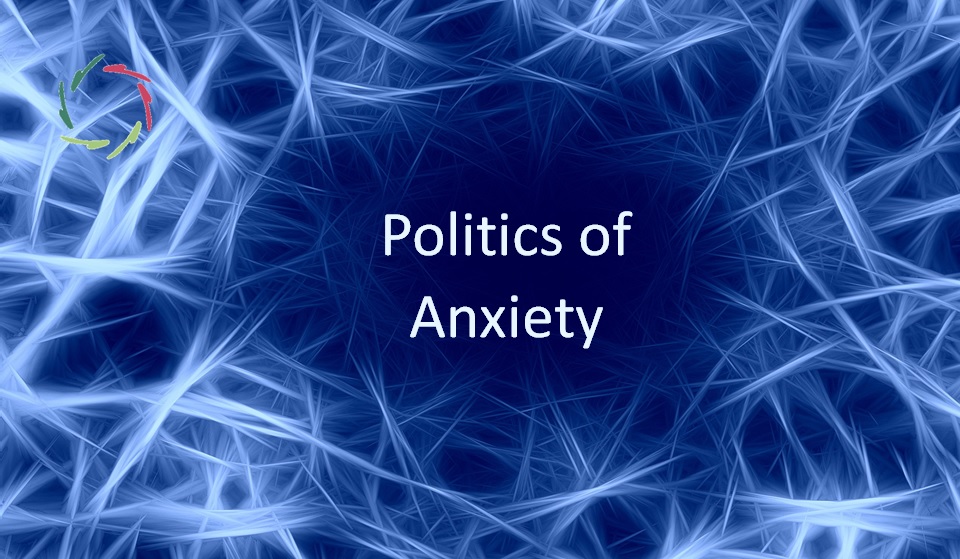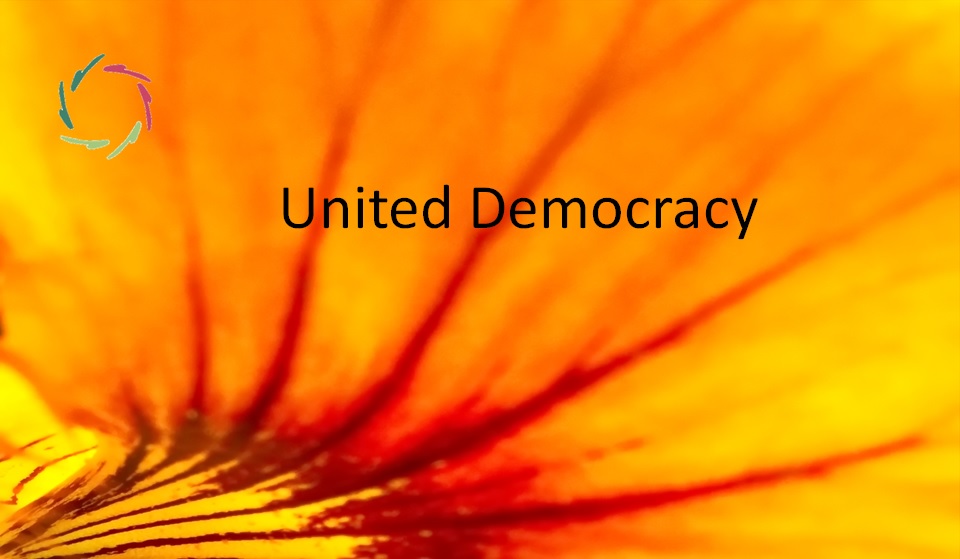Politics of Anxiety

Politics, being ethics at the group level, should not be overshadowed by anxiety.
Anxiety
Anxiety is an irrational mental state with mostly non-conscious origin. Roughly put, this differentiates it from fear. If not properly managed, anxiety tends to float into depression or aggression.
One can see that, ideally, all politics should be exempt from this.
Ethically
At the individual level, one may argue that emotional reasons – including anxiety – are part of the ethical game. Individuals need support but should be taken as total persons as much as possible. This is a deontological stance. An anxiety-driven action may be unfortunate but is not morally wrong in principle.
However, at the group level, one should strive for the best for all individuals together, maximizing beneficence/utility for all. This puts emotional reasons in a different place of morality in favor of a more cognitive stance which can be about but not from negative emotions.
This distinction in morality is crucial – although, of course, not sufficient – for excellent politics.
In democracy
In a democracy-by-vote, people vote for any reason they like, whether rational or irrational, whether conscious or non-conscious. Yet, the quality of such democracy depends – or is supposed to depend – on many people’s rational, conscious, well-informed decisions.
This is problematic. In most cases, if conscious and non-conscious motivations are present apart from each other, the non-conscious ones prevail. Nothing shows that this is different in people’s voting behavior.
In autocracy
Needless to say, autocracy doesn’t make anxiety disappear. People may tolerate an autocrat and even support him because this setting diminishes anxiety. At least, things appear to be clear. People may fear the autocrat, preferring fear over anxiety.
Even in a democracy, but more readily in autocracy, an autocratic figure may abuse this anxiety to come and stay in power. As with anything anxiety-related, this abuse happens mainly at the non-conscious level. Therefore, it’s challenging to bring to clarity.
Anxiety is never an excellent adviser.
So, independent of the system, anxiety should be avoided in political decision-making.
Ain’t there a lot of work to do…
The task of the politician
Absolutely: Open Leadership ― leading to politics of Compassion. This is the main way for any serious politician to defend his program against political populists who bend people’s anxieties toward their personal political gain, whether at the left or right of the political spectrum.
Open leadership is also a cultural task, for which everyone is responsible.
To close the circle, one primary task of politics should be to strive for the living conditions in which people can grow and thrive with a minimum of anxiety. I don’t see this as an element of political programs yet.
It should be.


